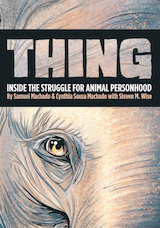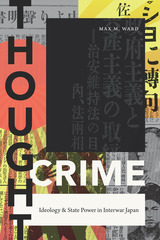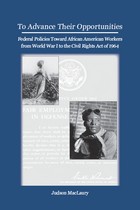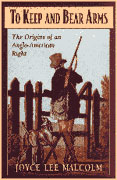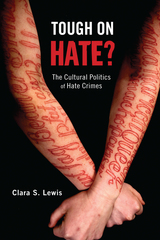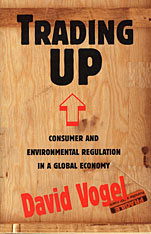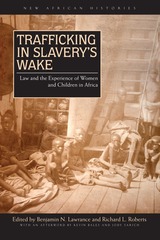Digital and Social Media in Africa
University of Westminster Press, 2025
eISBN: 978-1-915445-03-2 | Paper: 978-1-915445-05-6
See other books on: Africa | Communication Studies | Digital | Journalism | Social Media
See other titles from University of Westminster Press
eISBN: 978-1-915445-03-2 | Paper: 978-1-915445-05-6
ABOUT THIS BOOK | AUTHOR BIOGRAPHY
ABOUT THIS BOOK
This book provides case studies on the strategies used by African governments in monitoring and controlling digital and social media, as well as the implications of such actions for claims about media freedom and freedom of expression. Further, the book examines the human rights challenges posed by state control and monitoring of digital and social media forms of communication. In the context of a digital surveillance state, it questions how digital and social media can possibly enhance the democratisation of both the communicative and political spaces. The book focuses on questions of censorship and control of digital and social media in ‘supposedly’ democratic societies. It discusses regulation and how governments have imposed their state power by ‘switching off’ the internet and blocking social media sites under the guise of national security and order maintenance.
See other books on: Africa | Communication Studies | Digital | Journalism | Social Media
See other titles from University of Westminster Press

